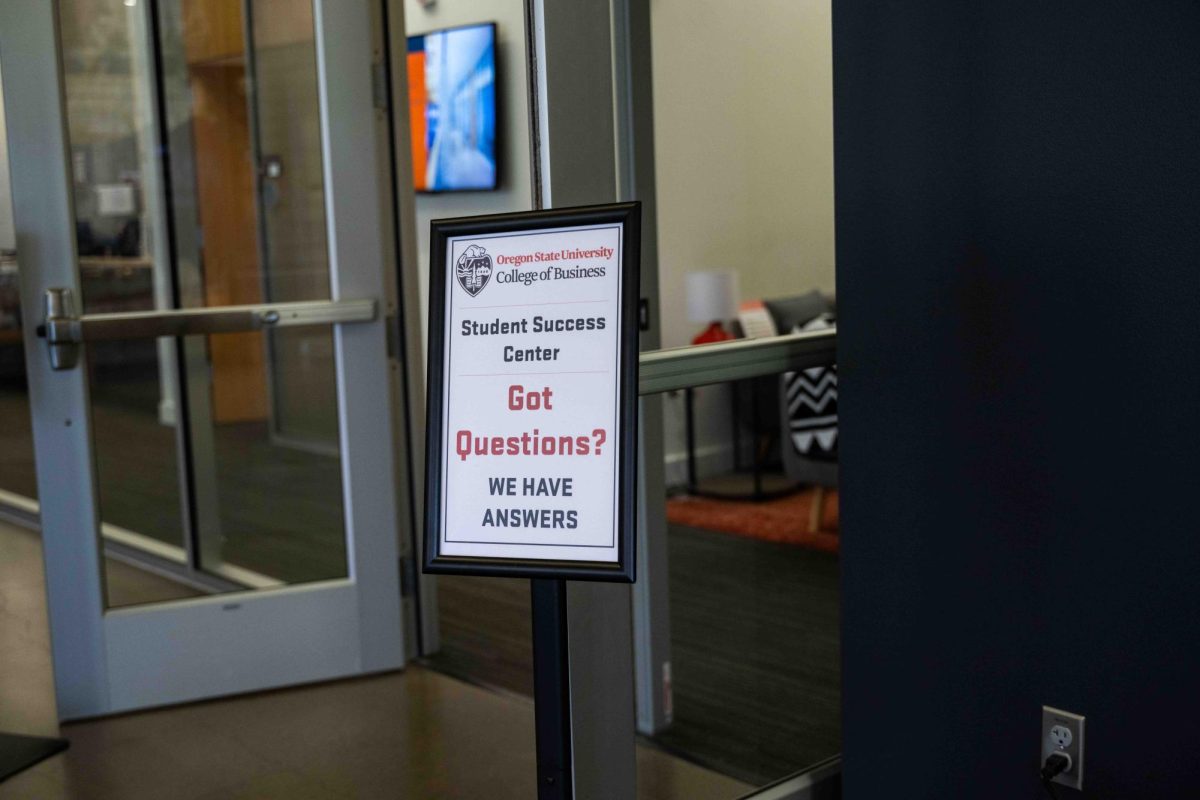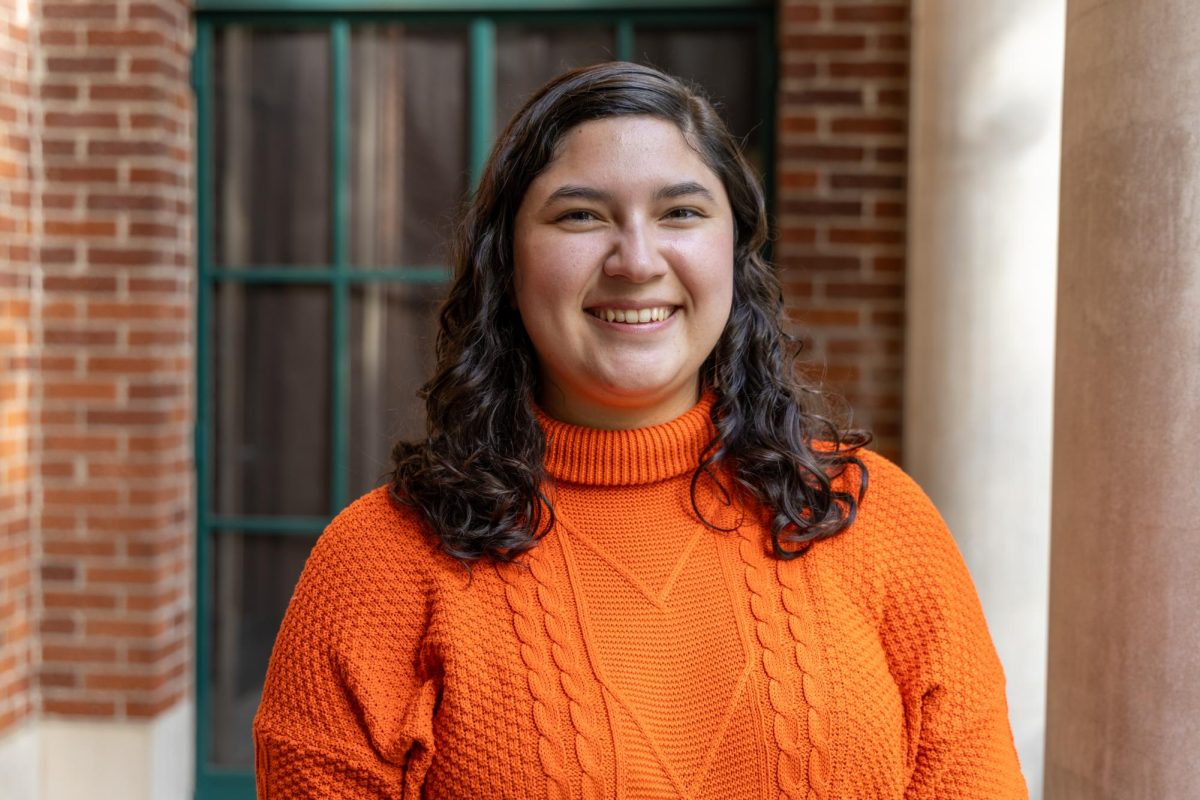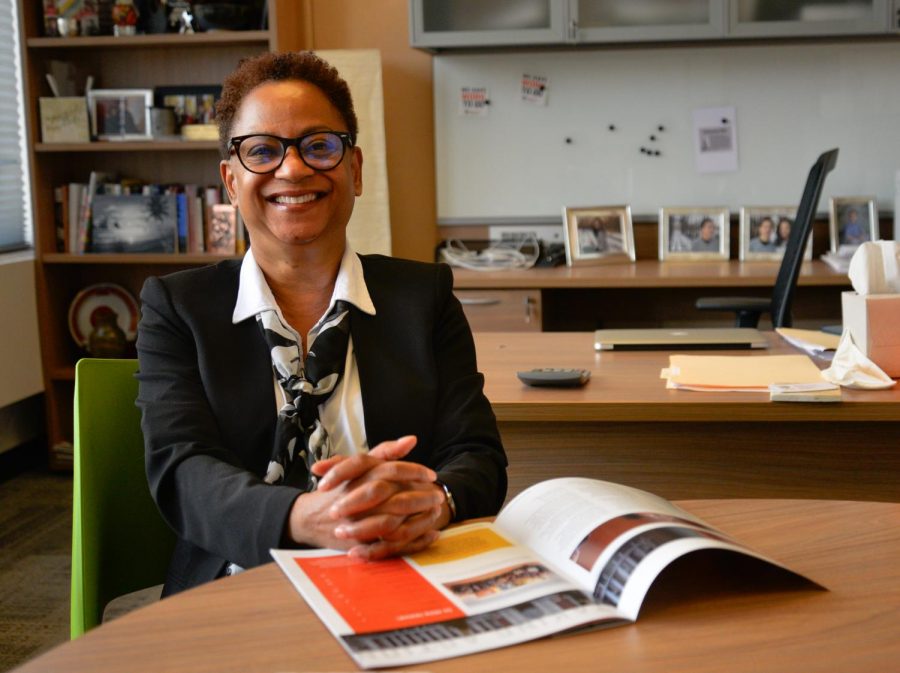University admin ‘confident’ in prioritization of diversity in next presidential search
April 21, 2021
Oregon State University community members have expressed concerns regarding the university’s diversity in the upcoming presidential search committee and candidate pool, as well as OSU’s commitment to diversity and inclusion.
These concerns stem from Oregon State’s lack of diversity in it’s presidential history. From William Finley in the mid to late 19th century to the recently-resigned F. King Alexander, OSU has only ever elected white men to the presidential position. With the exception of Timothy P. White, who was originally from Argentina and served as acting president for a short period, the university’s presidents have all been Caucasian.
As of April 16, Dr. Rebecca Johnson, the first woman in the university’s history, was elected interim president, effective May 1.
Steve Clark, vice president of University Relations and Marketing, said he is “confident” that the board will prioritize OSU’s diversity values during the next search.
“I am sure that the values of equity, diversity and social justice, along with the overall mission of the university and the values of the university community will be fully considered by board members and will be prioritized within the search for the university’s next president,” Clark said.
Charlene Alexander, vice president and chief diversity officer at OSU, said she expects all searches at the university, not only presidential ones, to be “mindful of cognitive errors that can prevent diverse candidates from advancing in a search.”
The usage of Search Advocates aids in this process, according to Alexander.
“I am always excited to include Search Advocates in our searches who have the knowledge and skills to address these cognitive errors when they occur during a search,” Alexander said.
Search Advocates, according to the OSU Search Advocate Program website, are “trained, external search committee members who promote equity, validity and diversity on OSU searches.” The program was established in 2008, and Search Advocates can be OSU faculty, staff or students.
The website states, “Each Search Advocate is a consultant/participant who advances inclusive excellence by asking questions to help committee members test their thinking, identifying and promoting practices that advance diversity and social justice and minimizing the impacts of cognitive and structural biases.”
Diversity was listed as a value during the previous presidential search process according to Alexander, and she said she envisions that all candidates for employment at the university will be committed to values like diversity, equity and inclusion.
Scott Vignos, assistant vice president of strategic diversity initiatives at the Office of Institutional Diversity, said that advancing diversity is a core value of OSU and it is expected to be respected in the presidential search process.
“We expect that the presidential candidate pool, like all candidate pools, will reflect the diverse Oregon State community and that candidates will have expertise to envision and lead the university’s important diversity, equity and inclusion mission,” Vignos said.
In addition to the Search Advocate program and the OID, Vignos named the Office of Human Resources and Office of Equal Opportunity and Access as other OSU resources which will be available for support concerning the prioritization of diversity in the presidential search process.
Vignos said prioritizing diversity is integral to every search process at OSU, including the upcoming presidential one.
“Prioritizing diversity during the presidential search process, and all search processes at the university, is essential,” Vignos said.
OSU has already committed itself to “inclusive excellence,” according to Vignos, through its core values, the daily hard work of OSU community members, the university’s diversity strategic plan and Strategic Plan 4.0.
OSU’s diversity strategic plan is called “Innovate & Integrate: Plan for Inclusive Excellence,” and it provides a pathway to advance diversity, equity, inclusion and social justice at the university for 2018 to 2023.
Strategic Plan 4.0 was introduced in January 2019 under President Emeritus Ed Ray and provides a plan for OSU to fulfill goals concerning academia, research and engagement for 2019 to 2023. The plan includes a goal to build and improve “a culture of belonging, collaboration and innovation.”













































































































